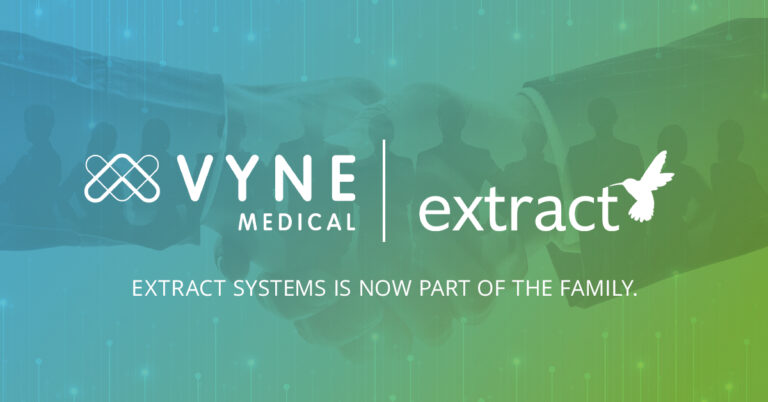
Data in the Public Sector
According to Deloitte, “the value of data is determined not by the data itself but by the message conveyed, decisions made, and actions taken.” Strained budgets, limited resources, rising demand for services, and legacy IT are requiring agencies to generate greater business and mission value from their data.
State and local governments can address many of their greatest challenges with better understanding and use of their data. From measuring the effectiveness of a system and improving it to scaling its delivery and integrating partners, data can allow governments to accelerate change through improved coordination of services and activities.
Access to quality data requires a level of digital transformation. Outdated solutions and spreadsheets cannot enable agencies to effectively manage or get the most out of their data, much less cultivate a culture where staff utilize data to identify trends, scale programs, raise critical questions and more.
Access to Analytics
The data every organization produces and manages offers the opportunity to inform every decision and action, but data can be overwhelming, disconnected, and difficult to share. Enabling staff with access to the appropriate data and the ability to query and analyze as well as share their findings with colleagues and other departments will accelerate and scale insight transformation. This is a key component of a strong data culture, and a necessary step toward becoming a truly data-driven organization.
As we have learned during the pandemic, a crisis underscores the need for fast, reliable data analysis and organizations can benefit from a platform that enables employees and management to see and understand data when it is needed most. The pandemic drove state government to remove divisions make data available to decision-makers who needed the insights that analytics can provide. Access to the right information at the right time makes it easier for leaders and employees to incorporate data into their decision-making processes and regular workflows. When agencies operate with better information and can share that information clearly and quickly, they improve outcomes, build trust with their constituents, and achieve their missions more effectively.
Addressing Current Data
Data-driven decisions are only as reliable as the data itself. The pandemic highlighted significant drawbacks in data currently available to governments, such as biases, reporting inconsistency, and lack of completeness. Data should, ideally, represent race, age, ethnicity, gender, and living and social conditions to avoid inequality and bias, and facilitate better decision-making.
To avoid biases and ensure reliability, data should be collected from multiple sources. Existing and new data standards can also reduce data disparity. For example, Fast Healthcare Interoperability Resources (FHIR) is a standard used by many health care organizations for managing and reporting health data. In May 2020, to fast-track electronic reporting of cases, the Centers for Disease Control and Prevention developed an app based on the FHIR standards. The new tool added COVID test results to a patient’s electronic health record and enabled health care providers to automatically send patients to public health departments without human intervention.
The key reason is that data are typically dispersed across a fragmented landscape of registers (datasets used by government entities for a specific purpose), which are often managed in organizational silos. Data are routinely stored in formats that are hard to process or in places where digital access is impossible. The consequence is that data isn’t available where needed, progress on digital government is inhibited, and citizens have little transparency on what data the government stores about them or how it is used.
Adaptable Governance
The growing recognition of data’s strategic value must drive flexible data governance techniques that empower everyone across the organization. A single source of truth is essential, yet it won’t live in a single location and cannot be adequately managed or secured by a handful of people. Organizations must take a new approach to data governance and management that pairs centrally defined governance standards, enabling organizations to tap into more diverse users and areas of expertise.
The pandemic has shown once again that data is one of government’s greatest assets. While data is available in abundance, governments need integrated and holistic data strategies to maximize the value they derive from the data.
Here at Extract, we believe that becoming a data-driven organization requires more than just the implementation of technology. It requires a fundamental shift in mindset among nearly every person at an organization. Data should be seen as integral to decision-making, and as a strategic asset that can be used to achieve organizational goals. Employees should feel empowered to ask questions of data and to share their findings. Organizations should establish practices and programs that incentivize, support, and acknowledge employees who do so.
We’ve worked with several organizations that have established internal user communities with executive-level support that share use cases, resources, and best practices while spreading enthusiasm for analytics across teams and departments.
By providing employees of all levels effective and continuous data skills training is also essential to fostering a strong data culture. Equipping the workforce with analytics skills not only creates a pipeline of data analytics talent within any organization but can also support recruitment and retention efforts as employees obtain experience valued in the modern economy.
Sources:



